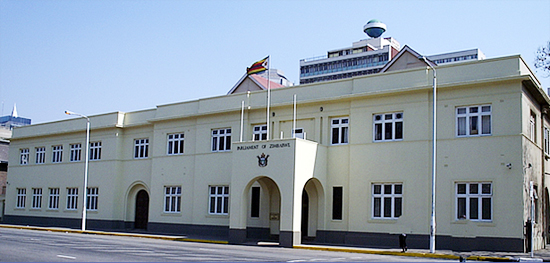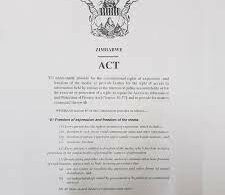On the dissolution of Parliament, all proceedings pending at the time are terminated, and every Bill, motion, petition and other business lapses.
Bills which have lapsed
According to Veritas there are Five Bills, which were still passing through the National Assembly or the Senate when Parliament dissolved, have certainly lapsed by virtue of this provision.
These are: the Insurance Bill, the Insurance and Pensions Commission Amendment Bill, the Medical Services Amendment Bill, the Mines and Minerals Bill [This had an adverse report from the Parliamentary Legal Committee], and the Financial Adjustments Bill [This Bill was gazetted on the 10th June 2022 but was never presented by the Minister of Justice].
There are also some Bills which were passed by both Houses of Parliament but have not been gazetted as Acts.
These are: the Private Voluntary Organisations Amendment Bill, the Child Justice Bill, the Institute of Chartered Loss Control and Private Security Management Bill, and the Police Amendment Bill.
The PVO Amendment Bill has been referred back to Parliament by the President.
“As to the other Bills, it is most unlikely that the President has signed them – a necessary step before they can be gazetted as Acts because if he had done so they would have been gazetted long before now,” said Veritas.
Veritas said a Bill that has passed through the National Assembly and the Senate, but has not been assented to by the President, is still a Bill and seems to be covered by the clear wording of section 147.
“There is also a general rule or convention applicable in some countries with a parliamentary system such as ours, that no Parliament can bind its successor, and hence all Bills – including those that are awaiting assent by the Head of State – lapse when Parliament is dissolved. This convention is articulated in section 147, so arguably it applies in this country. Although the President is not part of Parliament, he is part of the legislature in terms of section 116 of the Constitution and his assent to Bills is an essential part of the legislative process. His assent to a Bill after Parliament has been dissolved should not serve as a means by which one Parliament binds its successor.”
Consequences of Lapsing
If the Government decides to proceed with the lapsed Bills the appropriate Ministers will have to start again from scratch by introducing them in either the National Assembly or the Senate.
“The Bills cannot be revived by resolution under Standing Order 171 of the National Assembly (or under SO 162 of the Senate’s Standing Orders) because a dissolution of Parliament has intervened between the session in which the Bills were debated and the forthcoming session of the new Parliament – and so those Standing Orders do not apply,” said Veritas.
Conclusion
Most of the Bills we have listed in this bulletin will benefit from being reintroduced and debated afresh in Parliament. The Medical Services Amendment Bill and the Mines and Minerals Bill, for example, aroused much controversy during their passage through the National Assembly and both would benefit from further consideration. The Child Justice Bill is inconsistent with the Children’s Act, and should be amended, while the Institute of Chartered Loss Control and Private Security Management Bill is in some respects misconceived.








